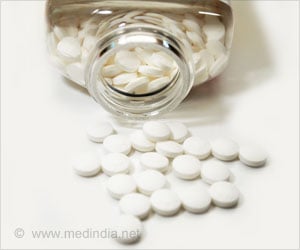Real-world study reveals for the first time safety and effectiveness of clopidogrel versus aspirin monotherapy beyond 12 months among high-risk patients.

Efficacy of Clopidogrel
Monotherapy of clopidogrel — belonging to the group of drugs called P2Y12 inhibitor reduces bleeding risk without increasing the risk of ischemic events compared with dual antiplatelet therapy (DAPT), especially in the first 12 months following percutaneous coronary intervention (PCI — a cardiac procedure to widen the blocked blood vessels).‘Real-world study reveals for the first time safety and effectiveness of clopidogrel versus aspirin monotherapy beyond 12 months among high-risk patients, the former (clopidogrel monotherapy) being superior in terms of clinical events.’





“These findings show for the first time clopidogrel monotherapy is associated with reduced risk of long-term NACE (net adverse clinical events) and (major adverse cardiac or cerebral events) MACCE. Our results may have important practical implications for determining the optimal treatment for patients requiring a single antiplatelet drug, either aspirin or clopidogrel, for secondary prevention of ischemic events in high-risk PCI population,” says Hao-Yu Wang from the Chinese Academy of Medical Sciences and Peking Union Medical College, Beijing, China. The team recommends further randomized clinical trials to support their findings.
Source-Medindia












